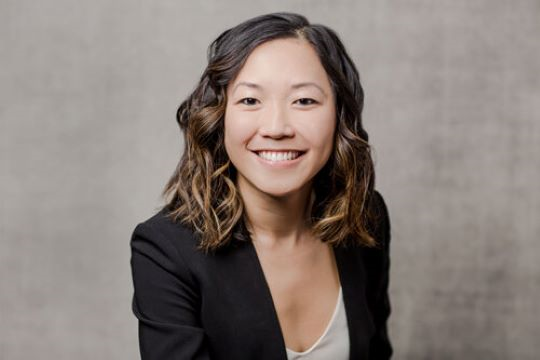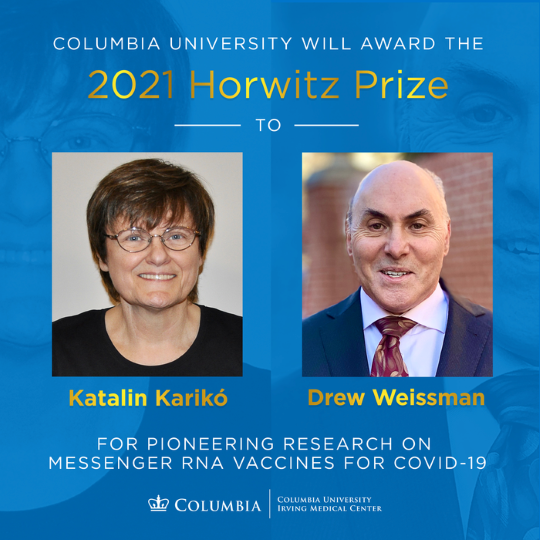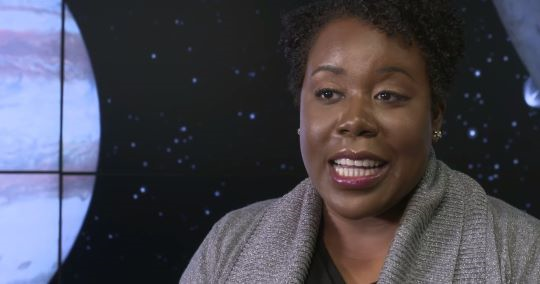Lila Gleitman, who showed how children learn language, dies at 91.
Lila Gleitman, whose pioneering work in linguistics and cognitive science expanded our understanding of how language works and how children go about learning it, died on Aug. 8 at a hospital in Philadelphia, Clay Risen reports. She was 91. Read more.
Angela Milner obituary.
Angela Milner was a Natural History Museum palaeontologist who specialized in meat-eating dinosaurs and their direct descendants, the earliest birds. Several extinct animals have been named in Angela Milner's honor, and her influence on her colleagues and on the development of the subject, both in the UK and internationally, has been immense. Read more.
Building a better chemical factory—out of microbes.
Professor Kristala Jones Prather has made it practical to turn microbes into efficient producers of desired chemicals. She’s also working to reduce our dependence on petroleum, according to MIT Technology Review. “We are increasing the synthetic capacity of biological systems,” says Prather, who made MIT Technology Review’s TR35 list in 2007. “We need to push beyond what biology can naturally do and start getting it to make compounds that it doesn’t normally make.” Read more.
The future of the Afghan Girls Robotics Team is precarious.
The Afghan Girls Robotics Team made headlines in 2017 when they came to Washington for an international competition just a few blocks from the White House. The U.S., the European Union and 20 other nations issued a joint statement Wednesday saying, "We are deeply worried about Afghan women and girls, their rights to education, work and freedom of movement. We call on those in positions of power and authority across Afghanistan to guarantee their protection." Read more.
Katie Galloway receives NIH award to develop foundational tools for cellular engineering.
Using a combination of stem cell biology, systems biology, synthetic biology, and chromatin engineering, the Galloway lab at MIT will define the molecular regulatory rules of cell-fate transitions. As a chemical engineer working in molecular systems biology, Galloway’s research focuses on elucidating the fundamental principles of integrating synthetic circuitry to drive cellular behaviors. Read more.
Female scientists set back by the pandemic may never make up lost time.
Changing how scientists credit each other could reduce inequality, according to a new study. The analysis of citations inequality shows that biased individual preferences systematically reduce the number of citations women receive. Since citations measure scientific impact, women receiving fewer citations find fewer professional opportunities. This affects all female scientists. Read more.
Women feel like imposters in disciplines that value ‘brilliance’.
According to a new study, academics who believe “brilliance” is a prerequisite for success in their field are more likely to doubt their abilities. It’s a problem that disproportionately affects women, particularly those from underrepresented racial and ethnic groups, Mennatalla Ibrahim reports. Read more.
How this woman wants to level the playing field for women in STEM.
Entrepreneur Dora Palfi is the co-founder and CEO of ImagiLabs, a Sweden-based edtech company making products that empower girls with the skills and community to create with technology. “We believe that coding is a superpower. It’s the literacy of the next generation. By encouraging girls to learn programming, we are giving them the opportunity to be the inventors, entrepreneurs and changemakers that will help to design our future digital society.” Read more.
IF/THEN ambassadors find innovative ways to connect.
In September 2019, the AAAS IF/THEN Ambassadors program selected 125 women in STEM careers to serve as role models for middle-school girls. As part of the IF/THEN initiative, ambassadors were soon starring on television and on YouTube and working with girls in museums, classrooms, and Girl Scout meetings across the United States, Becky Ham reports for Science. Read more.
Academic institutions must do better to protect caregivers this fall.
In an opinion piece for the Scientific American, 500 Women Scientists implore those in leadership positions at schools, universities and workplaces that have not reimposed mask mandates to reexamine their positions on masking, and with science as a guide, act to put these protections in place given the pandemic resurgence. Read more.
The Partnership between NanoString and ROSALIND. The Experience of a Stem Cell Genomics and Microscopy Core in Sunny California.
In October 2020, NanoString® Technologies and ROSALIND announced a partnership to grant global access to the ROSALIND® Bioinformatics Platform for all nCounter users. Among the users, the Sanford Consortium for Regenerative Medicine at the University of California San Diego (UCSD) is a hub for basic stem cell research in the United States. Elsa Molina runs the UCSD Stem Cell Genomics and Microscopy Core at the Sanford Consortium. In this interview, she talks about their experience using ROSALIND to analyze nCounter data. Read more.




